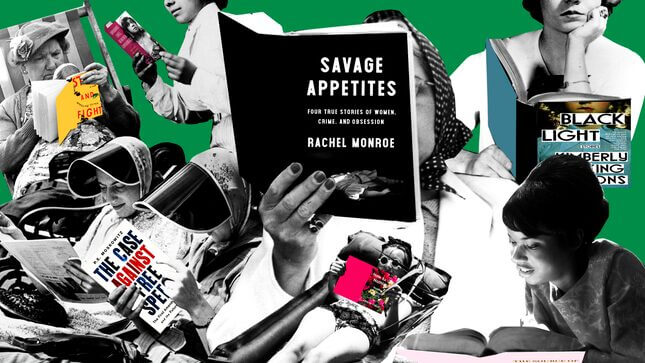
Illustration: Elena Scotti (Photos: Getty Images)
From your favorite Kardashian bloggers, here are the books that we enjoyed most this year. This isn’t a ranked list and we didn’t have any criteria for inclusion; rather, these are just some books that we liked and think you might like too.
Sarah K. Broom, The Yellow House
It has been impossible to read a single book all the way through this year, for a myriad of reasons, and this simple fact has frustrated me to no end. Sarah Broom’s memoir about her family and New Orleans got me out of my reading rut by reminding me that memoir, a much-maligned genre, can be devastating when done right. —Megan Reynolds
Miriam Toews, Women Talking
Women Talking is hard to read in a good way. The novel based on the true story of a Bolivian Mennonite community in which men in positions of authority used animal tranquilizers to drug and rape women and children, then tried to chalk the attacks up to ghosts or the women’s own sin. The novel is set after the attacks when the women must choose whether to stay and do nothing, fight, or flee. Their questions and disagreements around what to do with the monsters among them are layered, sometimes hilarious, and absolutely heartbreaking. The women’s conversation is ultimately not about the men but about where to put their collective trauma and how to rebuild trust in an unsafe world where even falling asleep in one’s own bed is risky. I found myself both not wanting to put it down and wishing it didn’t feel so true. —Emily Alford
-

-

-

-

-

-

-

-

-

-

-

-

-

-

-

-

-

-

-

-

-

-

-

-

-

-

-

-

-

-

-

-

-

-

-

-

-

-

-

-








































